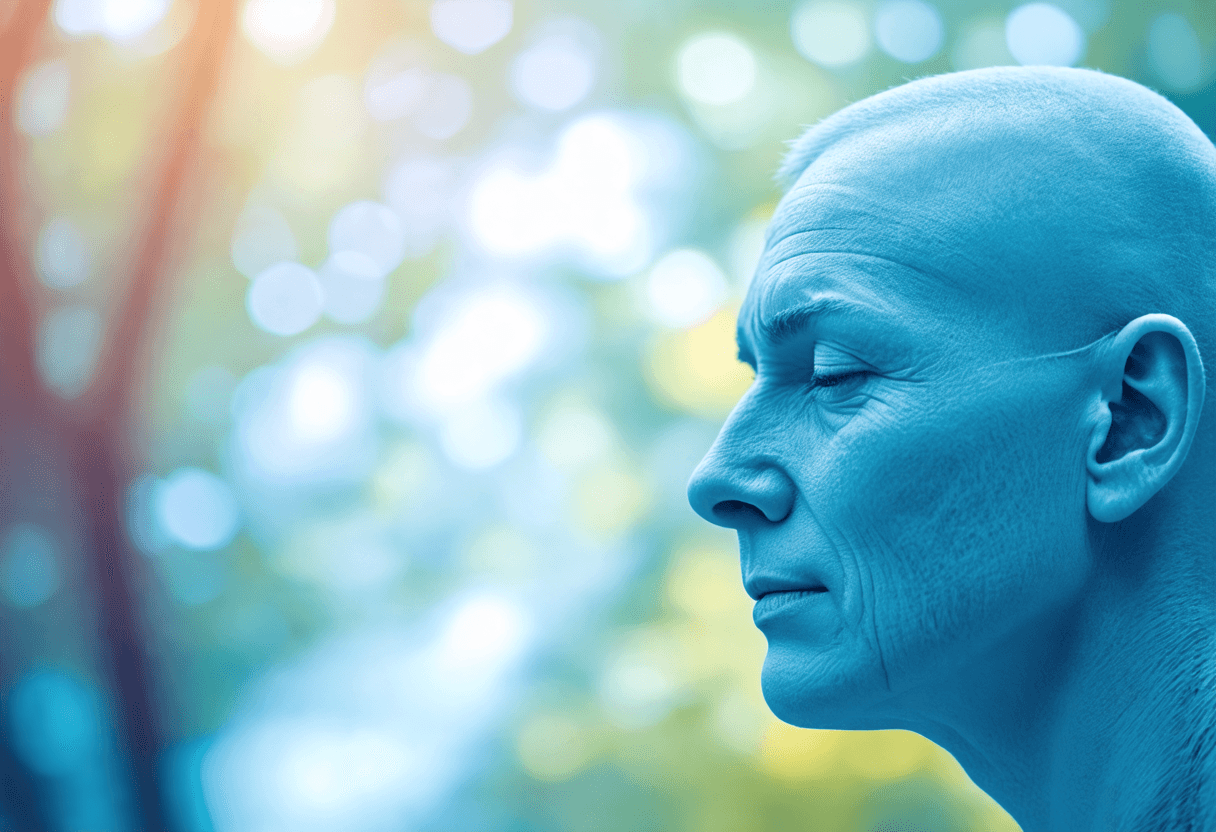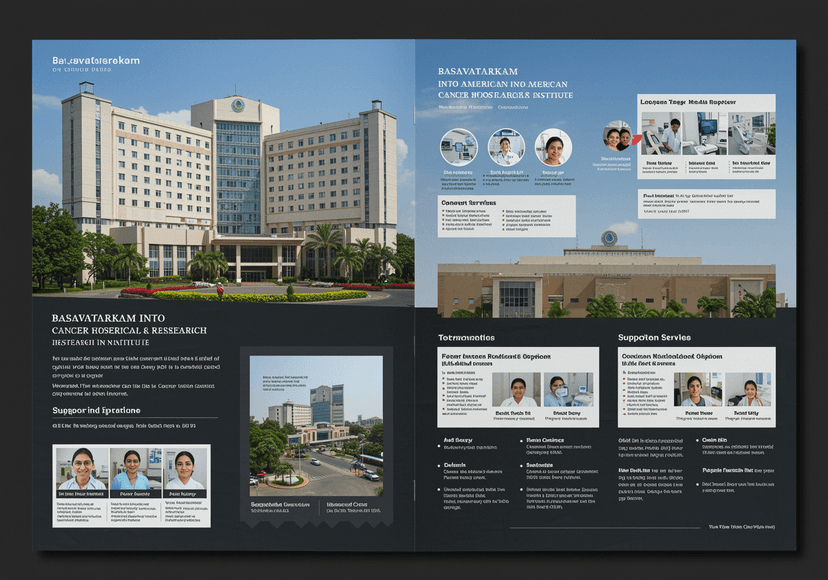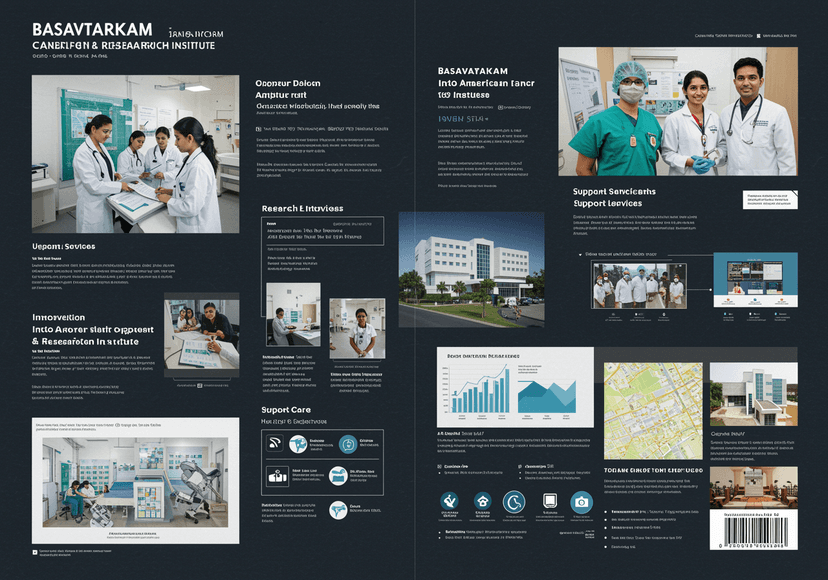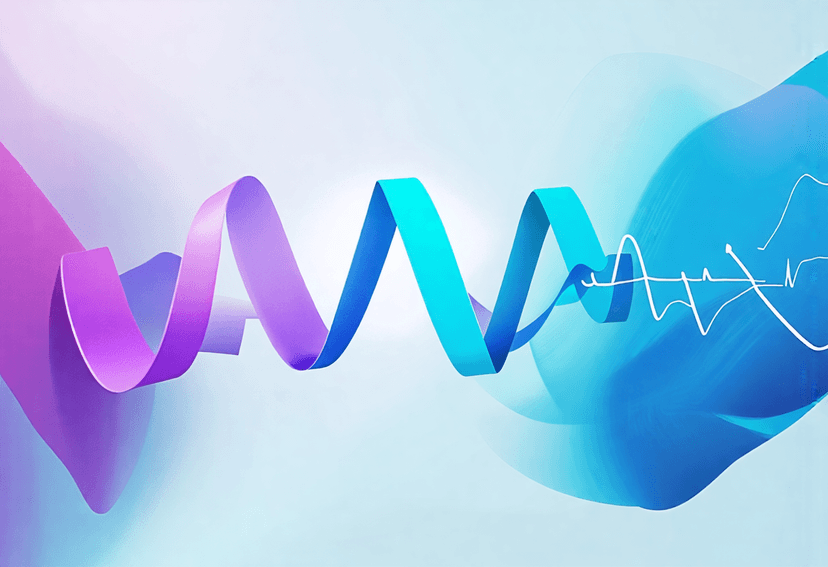
Chemotherapy and Depression
21 Oct, 2024
 Healthtrip
HealthtripAs we navigate the complexities of modern medicine, it's becoming increasingly clear that our physical and mental health are inextricably linked. One area where this intersection is particularly pronounced is in the realm of cancer treatment, specifically chemotherapy. While chemotherapy can be a lifesaving intervention for many patients, it can also have a profound impact on mental health, leading to depression in a significant number of cases. It's a reality that's often overlooked, but one that demands our attention and compassion.
The Hidden Toll of Chemotherapy
Chemotherapy is a grueling process that can leave patients feeling drained, both physically and emotionally. The toxic chemicals used to combat cancer can wreak havoc on the body, causing a range of side effects from hair loss and fatigue to nausea and neuropathy. But the impact of chemotherapy doesn't stop there. The emotional toll of treatment can be just as debilitating, leading to feelings of anxiety, fear, and depression. It's a reality that's often swept under the rug, but one that affects a staggering number of patients. Studies suggest that up to 30% of cancer patients experience depression during treatment, with some estimates suggesting that this number could be as high as 50%.
Most popular procedures in India
The Perfect Storm of Depression
So, what makes chemotherapy such a potent catalyst for depression? The answer lies in the perfect storm of physical and emotional factors that come into play during treatment. For starters, the physical side effects of chemotherapy can be overwhelming, leaving patients feeling weak, tired, and vulnerable. The loss of hair, a symbol of identity and self-worth, can be particularly devastating. Add to this the emotional toll of facing one's own mortality, and it's a recipe for disaster. The uncertainty and fear that come with a cancer diagnosis can be crushing, leading to feelings of hopelessness and despair.
But it's not just the physical and emotional aspects of chemotherapy that contribute to depression. The social isolation that often accompanies treatment can be just as damaging. Patients may find themselves withdrawing from friends and family, too exhausted to engage in social activities or too self-conscious about their appearance. This isolation can lead to feelings of loneliness and disconnection, further exacerbating the risk of depression.
Wellness Treatments
Give yourself the time to relax
Lowest Prices Guaranteed!

Lowest Prices Guaranteed!
The Importance of Mental Health Support
So, what can be done to mitigate the risk of depression during chemotherapy? The answer lies in providing comprehensive mental health support to patients throughout their treatment journey. This means acknowledging the emotional toll of chemotherapy and taking proactive steps to address it. Healthcare providers must recognize the importance of mental health screening, providing patients with access to counseling services, support groups, and other resources that can help them cope with the emotional fallout of treatment.
Breaking the Stigma
But it's not just healthcare providers who have a role to play in supporting patients. We, as a society, must work to break the stigma surrounding mental health and depression. We must recognize that depression is not a sign of weakness, but rather a sign of strength – a sign that someone is willing to confront their fears and vulnerabilities head-on. By talking openly and honestly about our struggles, we can create a culture of compassion and understanding, one that encourages patients to seek help without fear of judgment or reprisal.
It's a conversation that's long overdue. By acknowledging the hidden toll of chemotherapy and providing patients with the mental health support they need, we can ensure that those battling cancer receive the comprehensive care they deserve – care that addresses not just their physical health, but their emotional well-being as well.
In the end, it's a matter of recognizing that our health is not just about our bodies, but about our minds and spirits as well. By taking a holistic approach to healthcare, one that prioritizes mental health and well-being, we can create a system that truly supports patients in their time of need. It's a future that's within our grasp, one that's rooted in compassion, empathy, and a deep understanding of the human experience.
Related Blogs

Healthtrip Guide: Basavatarakam Indo American Cancer Hospital & Research Institute
Explore Basavatarakam Indo American Cancer Hospital & Research Institute with

Healthtrip Guide: Basavatarakam Indo American Cancer Hospital & Research Institute
Explore Basavatarakam Indo American Cancer Hospital & Research Institute with

Comprehensive Cancer Care in Kolkata
Get world-class cancer treatment at HCG Cancer Centre, New Town,

Discover the Future of Healthcare at Yashoda Hospitals Hitec City
Experience world-class medical care at Yashoda Hospitals Hitec City, a

The Role of Surgery in Pancreatic Cancer
Understand the importance of surgery in treating pancreatic cancer

Pancreatic Cancer Treatment Options
Get informed about the various treatment options for pancreatic cancer










